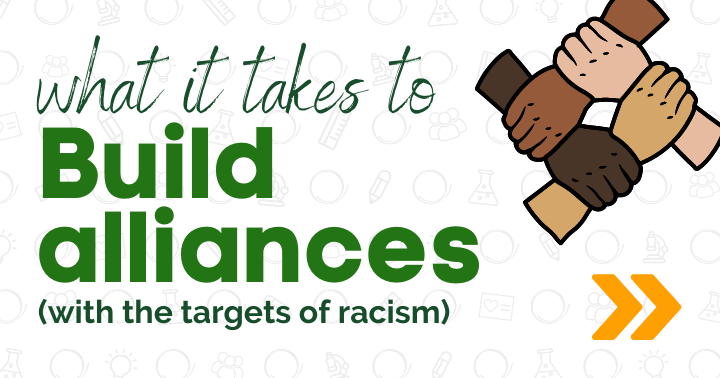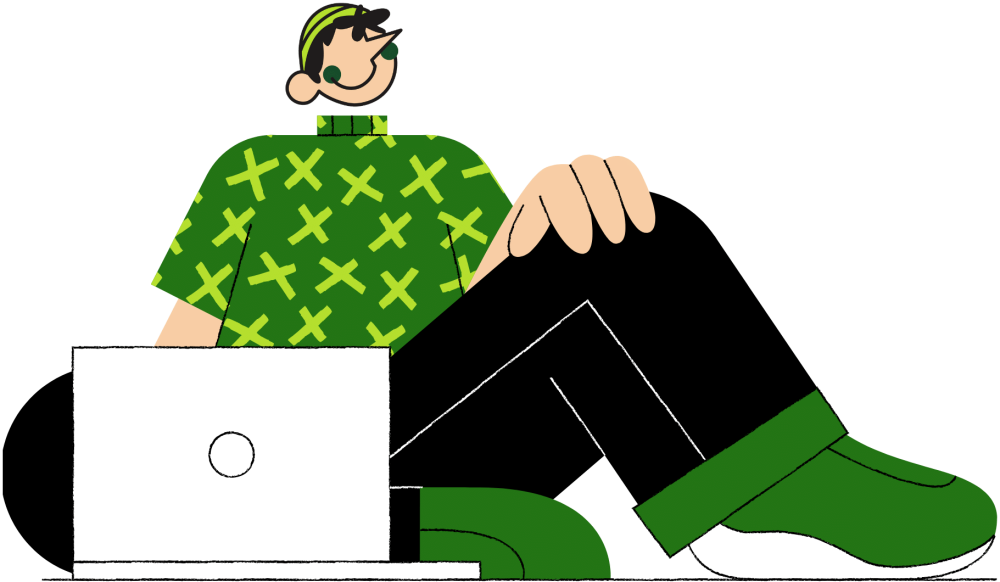Sadly, white people’s efforts at ending racism are rarely substantial enough to make a difference, and yet we often expect the targets of racism to accept our self-proclamations, applaud our effort, become our friends, and invite us to build alliances with them. We throw silent (and not so silent) tantrums when we are among our own people to talk about racism – delusionally believing that the “real work” to end racism will begin when we are back together with the people who are targeted by it. But we are dead wrong about that, and the cost of our unwillingness is terrifying. You may have seen the title and thought this would be about me telling you how to talk with Black people. If that’s you, I promise I’ll speak to that, but it may not be what you thought.
Before I begin, I want to acknowledge the Cowlitz, Columbia, Grand Ronde, and Siletz people as the stewards of the area where I live and thank them for their leadership. I also want to acknowledge the people who have cultivated me. I would not be here without my family – by birth and by love – and the wisdom and leadership of Jomo Greenidge, who transitioned to ancestor in December 2020, as well as countless people who have challenged, strengthened, guided, invited, and loved me to a more whole version of myself. I honor you all.
Over the years, I’ve been called many things.
Too aggressive, too nice, too [fill in the blank because it really doesn’t matter].
Truth is, there are many white people who say they are committed to fighting racism but who fall into the trap of policing the efforts of everyone else.
It’s predictable.
And it’s easy because when we focus on someone else, we don’t actually have to contribute anything. We don’t have to put our stories, beliefs, thoughts, feelings, pains, questions, or patterns out on the table to be examined, loosened, and healed.
Do we really believe this is credible?
To be clear – we must keep challenging, iterating, and innovating as we move towards our north star of ending racism. Doing so strengthens our efforts – but policing is different. Policing is about control. It’s an attempt to coerce, humiliate, discredit, or attack someone in public or private, and it’s wrong.
I’ve done it over and over, and what I’m realizing is that policing keeps me from facing how I’m contributing to the problem.
In the book Difficult Conversations, the authors highlight the many benefits that come when we understand how we contribute to the challenges we face. They point out “hard-to-spot contributions,” one of which is a near-total lack of awareness of how our hurts drive our behavior.
In our spaces, we ask white people to go back in time and share those hurts because despite our efforts to suppress them – they keep showing up. What is unhealed is what causes us to take on dominating patterns to protect or prove our human goodness (hint: it doesn’t work).
One such pattern is avoidance, and it’s a biggie for white people. We avoid feelings, vulnerability, conflict, other white people, and so much more. This avoidance occurs in every corner of our lives – with loved ones, friends, at work, and…when racism happens.
Do you see how that happens?
The dominating patterns that we use to mask our pain are the exact same ways we participate in racism. Not knowing how that’s happening is a hard-to-spot contribution that keeps racism alive, despite our best efforts.
Some people tell us that we are helping them understand themselves better than 20 years of therapy has, and others say we shouldn’t be asking people to talk about pain because we aren’t therapists.
I reject the idea that pain can only be discussed in a transactional system where someone is paid to listen to me in 45-minute intervals.
I don’t need a transaction; I need the opportunity to face myself so that I can examine, loosen, and heal what is underneath the dominating patterns that keep me hooked to racism.
Without this awareness, I’m a powder keg walking into relationships with people targeted by racism. The moment that my goodness is questioned, my dominating patterns explode and hurt everyone. I’ve seen it happen over and over in myself and in every group I’ve partnered with.
Personal commitment isn’t just about declaring, “I’m against racism,” it’s a contributing, humanizing, daily practice that is essential preparation for alliance building.
I often say that our work with white people at the political left is like preaching to the choir, but the choir can’t actually sing.
By and large, we have awfully puffed egos for the very little fruit we have to show for our efforts.
Derek Black is a former white nationalist and godson of David Duke who’s now committed to ending racism. Trevor Noah invited Derek onto The Daily Show in 2018, and Derek said this:
It’s a white person in the room who has the strongest voice to counteract racism. We were aware of that as white nationalists. We explicitly knew that the person who was going to ruin [what we were trying to do] is another white person saying, “Stop that,” because they have literal skin in the game.
I became interested in the stories of people like Derek and Christian Picciolini and many more who are de-radicalizing from white nationalism because I was worried about my own susceptibility to white nationalist ideology.
Now that might seem strange for someone like me to worry about, but I couldn’t help but notice I looked like them, grew up in similar environments, and learned from the same textbooks.
What I began to notice was exactly what filmmaker Deeyah Khan says about her experience filming White Right: Meeting the Enemy:
I think the way our media addresses extremists, and our politicians address extremism in general, is not very helpful. They constantly want to make it something exotic, something so impossible and monstrous because surely we can’t do anything about it. ‘These people are hideous, and they possess these hideous views, so let’s just sign them all off’ – and that’s not the truth. The truth is they’re all operating out of really basic needs, and those needs are not being met in their life, not in their family life or in the wider society. That says more about us as a society than it does about these people. So I’m interested in that. I’m interested in finding and excavating what those needs are. Extremist groups fulfill voids in these people’s lives, knowing what lacks exist. Why do they know that? Why are they doing that – and we are not? Why are our systems not addressing the social, economic, and political grievances that our young people have? Asking these questions doesn’t excuse the way they are choosing to express that.
At the same time, Black activists were saying things like, “I’d rather work with a member of the KKK than a white ally1,” which shocked me into the reality that white people who declare, “I’m against racism,” have a credibility problem.
One day I was talking with Jomo about this, and he said:
I don’t trust any white person who is out in public fighting racism but can’t effectively bring along their partner, children, family, and friends. I don’t need your performance or more white friends; that doesn’t help me get free from racism. Go figure that out in your own community. That’s the only thing that’s trustworthy to me at this point.
Communal commitment is when white people find and stay put with each other long enough to develop the will and skill to exercise our influence and co-create a white community no longer attached to the dominating patterns that keep racism in place.
Having relationships with the targets of racism doesn’t prove anything. At all.
White people have a particular positional relationship to racism, and our awareness of our positionality is developed through personal and communal commitments.
If I am unwilling to face myself and learn how to make a difference in my white community, I will inevitably misinterpret my commitment to collective liberation.
To help us not make that mistake, we think collective commitment for white people includes:
EMBRACE MY ROLE
No matter who we are with, embracing our role has two goals:
-
- Practice personal commitment by not contributing to the problem. Actively monitor our dominating patterns and loosen them as they show up by strengthening relating practices.
-
- Practice communal commitment by moving toward white people who are running dominating patterns, not to perform for the approval of anyone else, but because it’s loving and necessary. We do this best when we seek to halt dominating patterns while simultaneously strengthening relationships, including with white people running those patterns.
CHAMPION EFFECTIVENESS
As we journey, we must stay humble, nimble, iterate often, and measure effectiveness. Is what we are doing producing what we expected? If not, it’s time to try again. Confident humility is believing that we can end racism sometime in the future, even when we are not sure that we have the right tools at the moment.2
As the non-targets of the system of racism, white people have a uniquely effective role in bringing about its end. The same is true for billionaires with classism, men with sexism, gentiles with antisemitism, and cis/hets with anti-LGBTQIA2S+, etc. Our non-target identities point us to the systems of oppression we have the greatest responsibility to end.
BUILD ALLIANCES
See, I told you we’d get here. But by now, we understand more about what it takes to build alliances with the targets of racism. Rigorously practicing (and holding ourselves accountable for) our personal and communal commitments loosens the dominating patterns that keep racism alive and readies us for alliance-building.
I would never put it past me to be wrong about this, and the same is true now. I cannot speak on behalf of the targets of racism about what they want from you or any white person they interact with.
Alliances are relationships.
My experience tells me that personal and communal commitments help because they guide us toward a more whole, human way of existing and relating – and that’s never a bad thing.
That said, no part of this journey is linear, and I’m not saying that the only way to build alliances is by way of personal and communal commitments. Many white people enter this journey through loving relationships with people targeted by racism. If that’s your story, all the more reason to rigorously look at yourself and effectively bring more white people along.
Personal, communal, and collective commitments are strengthened when woven together like a three-stranded cord.
When any part is left out, our commitment to end racism is weakened.
Will you do me a favor? As you think about this, which part is missing or weak in your own journey? What do you think that’s about? How could you cultivate growth?
We’d love to hear from you.
no one gets here alone, and I am no different
The brilliant beings who have contributed to these ideas are Jomo Greenidge; (1) Mrs. Sheila Warren; (2) Adam Grant; hundreds of white people who’ve been on the journey with us; Douglas Stone, Bruce Patton, and Sheila Heen in Difficult Conversations; Trevor Noah; Derek Black; Christian Picciolini; Deeyah Khan; Alonzo Chadwick; Greenidge family; and countless more.


